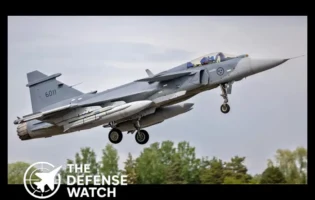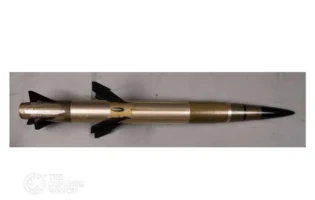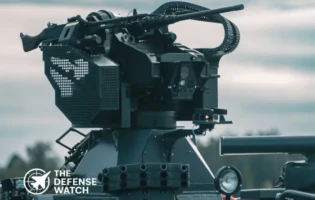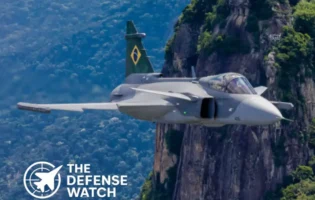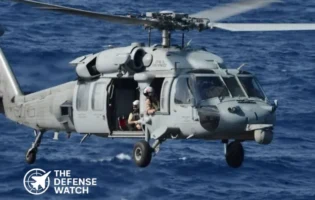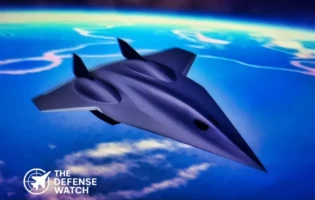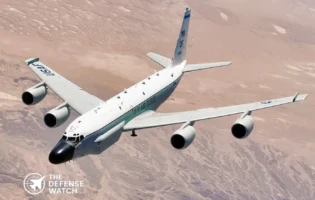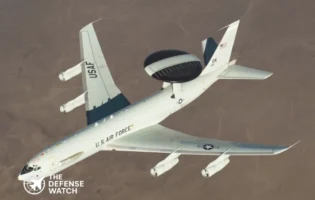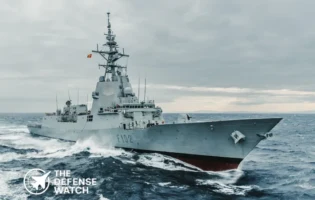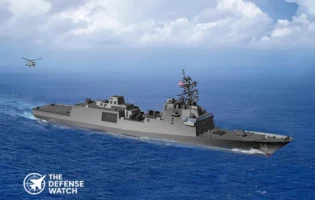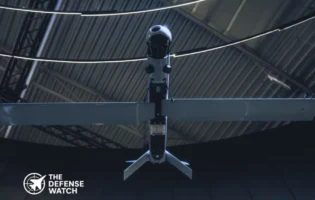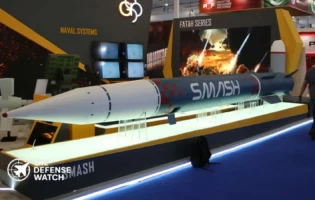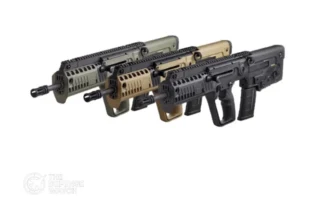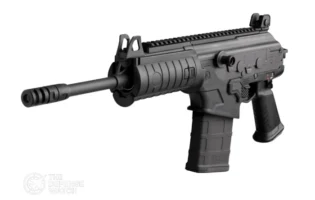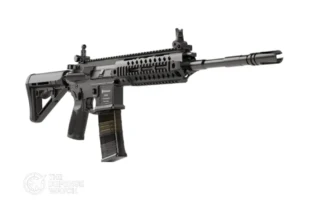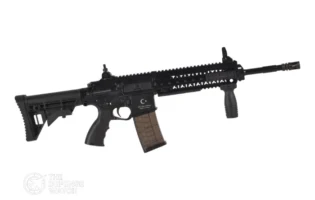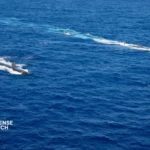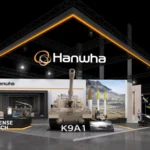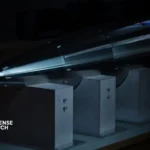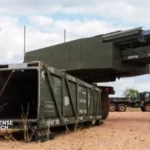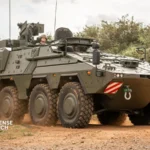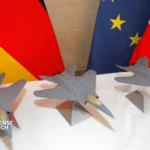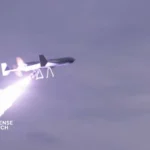- Home
- Catalog
- Fighter Jets
- JAS 39 Gripen Fighter Jet
JAS 39 Gripen Fighter Jet
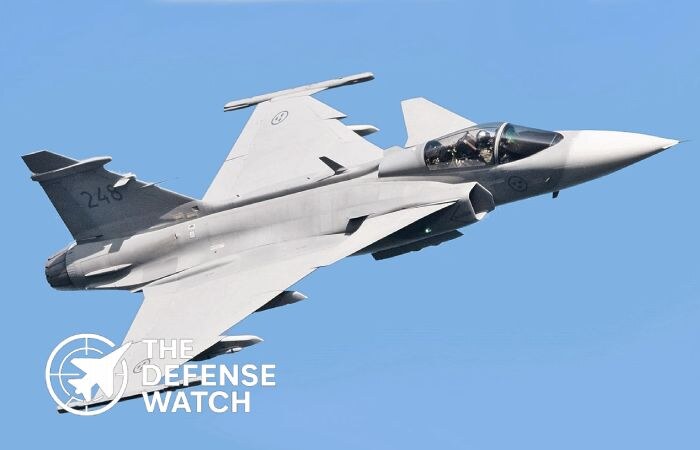

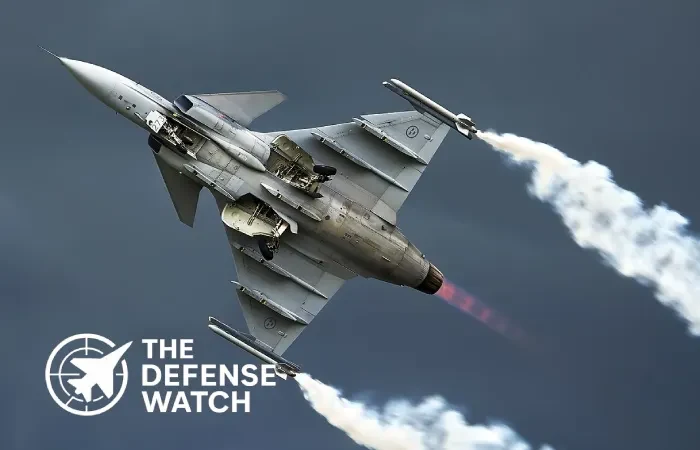
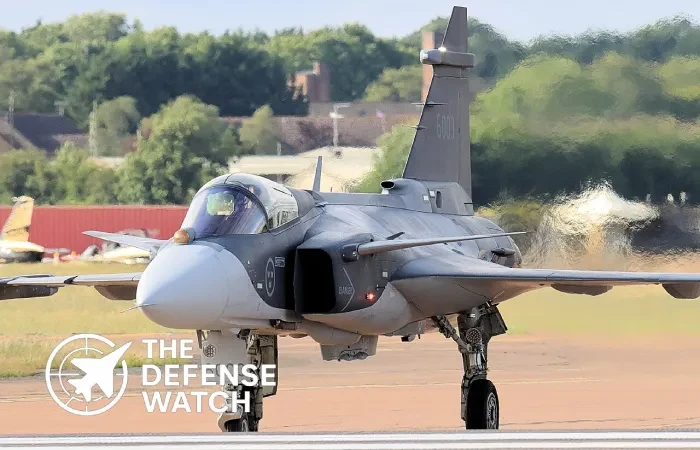
Full Specifications
General Information
| Name | JAS 39 Gripen |
| Manufacturer | Saab AB |
| Country of Origin | Sweden |
| Type / Role | Multirole Fighter |
| Generation | 4.5 |
| Status | In Service |
| First Flight | December 9, 1988 |
| Introduction / In Service Since | 1997 |
| Number Built | 300+ |
| Operators | Sweden, Czech Republic, Hungary, South Africa, Thailand, Brazil |
Dimensions & Structure
| Length | 14.1 m (46.3 ft) |
| Wingspan | 8.4 m (27.6 ft) |
| Height | 4.5 m (14.8 ft) |
| Wing Area | 30 m² |
| Empty Weight | 6,800 kg |
| Maximum Takeoff Weight (MTOW) | 14,000 kg |
| Internal Weapons Bay | None |
| External Hardpoints | 8–10 |
Performance
| Maximum Speed | Mach 2.0 |
| Range | 2,000 km (1,240 mi) with drop tanks |
| Combat Radius | 800 km (497 mi) |
| Service Ceiling | 50,000 ft (15,240 m) |
| Rate of Climb | 50,000 ft/min |
| Thrust-to-Weight Ratio | 0.97 |
| G Limits | +9 / -3 |
Powerplant
| Engine Type | Volvo RM12 (GE F404 derivative) |
| No. of Engines | 1 |
| Thrust (each) | 18,100 lbf |
| Thrust Vectoring | No |
| Fuel Capacity | 2,800 kg internal |
Armament
| Gun | 1× 27 mm Mauser BK-27 cannon |
| Missiles (Air-to-Air) | AIM-9, AIM-120, IRIS-T, Meteor |
| Missiles (Air-to-Ground) | AGM-65, RBS-15, Brimstone |
| Bombs | Paveway, Mk 82/83, JDAM |
| Hardpoints | 8–10 |
| Payload Capacity | 5,300 kg |
Avionics & Systems
| Radar | PS-05/A or Raven ES-05 AESA |
| Radar Range | 100+ miles |
| Electronic Warfare (EW) System | Integrated Self-Protection Suite |
| Targeting System | Litening / Reccelite pods |
| Helmet Display | Cobra HMDS |
| Navigation | GPS/INS |
| Autopilot / AI Assistance | Digital Flight Control System |
| Communication | Secure Datalink & SATCOM |
Stealth & Technology
| Radar Cross Section (RCS) | ~1 m² |
| Stealth Features | Reduced signature design |
| Infrared Signature Reduction | Partial |
| Sensor Fusion | Yes |
| Networking Capabilities | NATO Link 16 compatible |
Variants
| Special Export Versions | Gripen NG (Brazil) |
Operational History
| Major Conflicts / Deployments | NATO Baltic Air Policing, UN operations |
| Notable Operators | Sweden, Brazil, Czech Republic |
| Combat Proven? | Limited combat use |
| Mission Types | Air defense, strike, reconnaissance |
Cost & Program
| Unit Cost | $30–60 million (variant-dependent) |
| Development Cost | ~$10 billion (total program) |
| Program Name | Gripen Program |
| Funding Countries | Sweden, Brazil |
Additional Information
| Upgrades Planned | AESA radar, AI-based systems |
| Future Replacement | TBD by Swedish Air Force |
| Export Restrictions | Minimal |
| Notable Achievements | Cost-effective multirole fighter |
| Competitors | F-16V, Rafale, Tejas Mk1A |
PROS
- Excellent cost-to-performance ratio
- Highly agile and easy to maintain
- Advanced AESA radar and EW systems
- NATO interoperability and datalink support
- Proven export success and reliability
CONS
- Limited stealth characteristics
- Smaller payload compared to heavy fighters
- Single-engine design reduces redundancy
- Limited combat range without external tanks
- Fewer global operators than U.S. or Russian jets
JAS 39 Gripen Multirole Fighter Jet | Full Specifications
The Saab JAS 39 Gripen is Sweden’s premier multirole combat aircraft, engineered by Saab AB to deliver exceptional performance, agility, and affordability. Developed to replace the Saab 35 Draken and 37 Viggen, the Gripen entered service in the late 1990s and has since evolved into one of the most capable 4.5-generation fighters in operation today.
Designed for air superiority, ground attack, and reconnaissance missions, the Gripen combines advanced technology with low maintenance requirements—making it a cost-effective option for smaller and emerging air forces. It is currently operated by several nations, including Sweden, Hungary, the Czech Republic, South Africa, Thailand, and Brazil.
Powered by a Volvo RM12 engine, derived from the General Electric F404, the Gripen can reach speeds up to Mach 2 with a combat radius of approximately 497 miles (800 km). The aircraft features digital fly-by-wire controls, an AESA radar, and network-centric warfare capabilities, allowing seamless integration with NATO and allied systems.
The Gripen’s modular design supports a wide variety of payloads, from AIM-120 AMRAAM and Meteor air-to-air missiles to precision-guided bombs and anti-ship missiles. The latest Gripen E/F variant incorporates improved avionics, an extended range, and an enhanced Electronic Warfare (EW) suite capable of countering modern threats.
JAS 39 Gripen Fighter Jet Price in US
The JAS 39 Gripen’s estimated unit price ranges between $30 million and $60 million, depending on the variant and configuration. Its relatively low acquisition and operating costs make it a highly competitive option for air forces seeking advanced capability without fifth-generation expenses.
Get real time update about this post category directly on your device, subscribe now.
Reviews
Disclaimer Note
The information provided on TheDefenseWatch.com is for general informational purposes only. While we strive to ensure the accuracy, completeness, and timeliness of our content regarding defense and aerospace products, technologies, and specifications, we cannot guarantee that all information is 100% accurate or up-to-date due to the evolving nature of military technology and classified data.TheDefenseWatch.com does not warrant the reliability, suitability, or availability of the information for any specific purpose. Users are advised to consult official sources, such as manufacturers, government publications, or defense agencies, for precise and verified data before making decisions based on our content.We are not affiliated with any defense manufacturers, governments, or military organizations mentioned. Opinions, reviews, and ratings reflect expert analysis but are subjective and should not be considered endorsements. TheDefenseWatch.com is not responsible for any errors, omissions, or consequences arising from the use of this website’s content.External links are provided for convenience and do not imply endorsement. TheDefenseWatch.com reserves the right to update or modify content without prior notice. By using this website, you agree to our Privacy & Cookies Policy.

